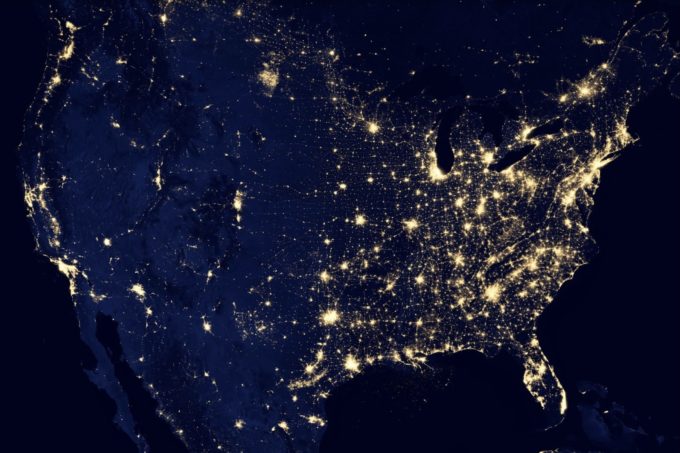
ACA Connects v. Bonta: 9th Circuit Upholds State Net Neutrality Laws
By Emily Shah - Edited by Pablo A. Lozano
In December 2017, the Federal Communications Commission (FCC) voted to repeal its 2015 Open Internet Order, which had imposed net neutrality federally. Net neutrality requires internet service providers (ISPs) to treat all online traffic equally by, for example, prohibiting providers from blocking or slowing the transmission of legal content or from preferencing content or consumers. In 2017, the FCC repealed net neutrality by reclassifying broadband services from “telecommunications services” to “information services,” a category in which the FCC lacks the regulatory authority to impose net neutrality. The Order also included a Preemption Directive, which purported to preempt any state or local regulations inconsistent with the federal approach.
Internet companies, non-profits, and state and local governments petitioned for review of the FCC’s 2017 Order, arguing that the FCC had been arbitrary and capricious by disregarding evidence about industry practice and harm to consumers and businesses. In Mozilla Corp. v. FCC, the D.C. Circuit upheld the FCC’s Order with two exceptions. First, the Court remanded the Order to the FCC to address concerns about the implications of their Order on public safety, low-income services, and pole attachments. Second, the Court concluded the FCC had not demonstrated legal authority to issue the Preemption Directive. The Court reasoned that by reclassifying broadband services as “information services,” over which it recognized a limited power to regulate, the FCC limited its authority to prevent states from enacting net neutrality laws. However, the Court left open the possibility that the FCC’s policy might preempt state laws that conflicted with the federal regulation.
At the same time, states began imposing their own net neutrality regulations. By October 2019, California, Colorado, Maine, New Jersey, Oregon, Vermont, and Washington passed net neutrality laws; many states introduced similar bills, and six states published executive orders preventing the state from contracting with internet service providers that did not adhere to net neutrality principles.
California’s Internet Consumer Protection and Net Neutrality Act (SB-822), which enacted net neutrality in California, led to significant litigation. Several internet service providers sued the California Attorney General asking for a preliminary injunction of SB-822 because it conflicted with both the FCC’s policy and the Communications Act, which delegated regulatory power to the FCC. On January 28, 2022, the 9th Circuit denied the injunction in ACA Connects v. Bonta. Their reasoning echoed Mozilla, holding that while an agency’s decision not to regulate might, at times, hold a preemptive effect, such preemption can only occur when the agency has regulatory authority and chooses not to exercise it. Here, the FCC “surrendered its authority to regulate” net neutrality — and thereby preempt states from doing so — by classifying broadband as “information services.” The Court also rejected arguments of a conflict with the Communications Act, reasoning that that Act did not explicitly limit state authority in the provisions relevant to this case and left room for state regulation implicating interstate commerce.
Internet service providers may petition the Supreme Court to review ACA Connects, and they may still argue that SB-822 discriminates against interstate commerce. In July 2021, the Biden Administration pushed the FCC, via Executive Order, to reimplement net neutrality. However, with the FCC currently composed of two Republican and two Democratic commissioners, no action is expected unless and until the Senate confirms Gigi Sohn, Biden’s FCC nominee. Congress has also introduced legislation that would statutorily implement net neutrality, but few expect it to succeed.
In the meantime, the ACA Connects decision will encourage states to move forward with their own versions of net neutrality. State legislation has already had national effects. For example, to comply with California’s law, AT&T nationally eliminated its practice of not counting HBO Max, which it owns, towards customers’ data streaming limits. As the Electronic Frontier Foundation argues, AT&T likely pushed the cost of HBO Max onto their customers’ overall data plan price, though they retain the option not to count any video streaming services towards a streaming limit. The ACA Connects plaintiffs have complained that a state-by-state approach is untenable because broadband services, by nature, cross state lines. Although proponents of federal net neutrality agree, in the absence of federal policy, they applaud the 9th Circuit’s decision.